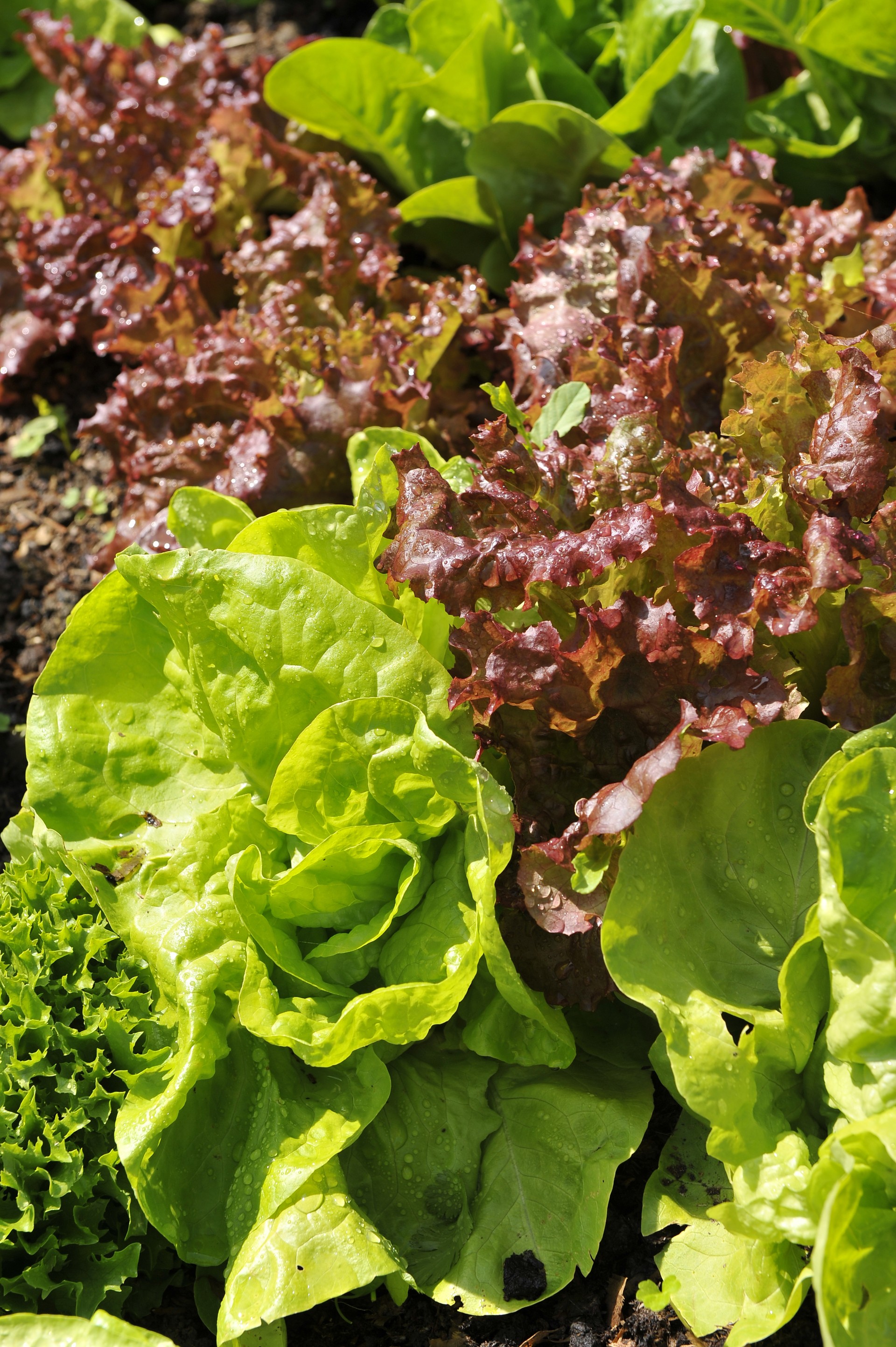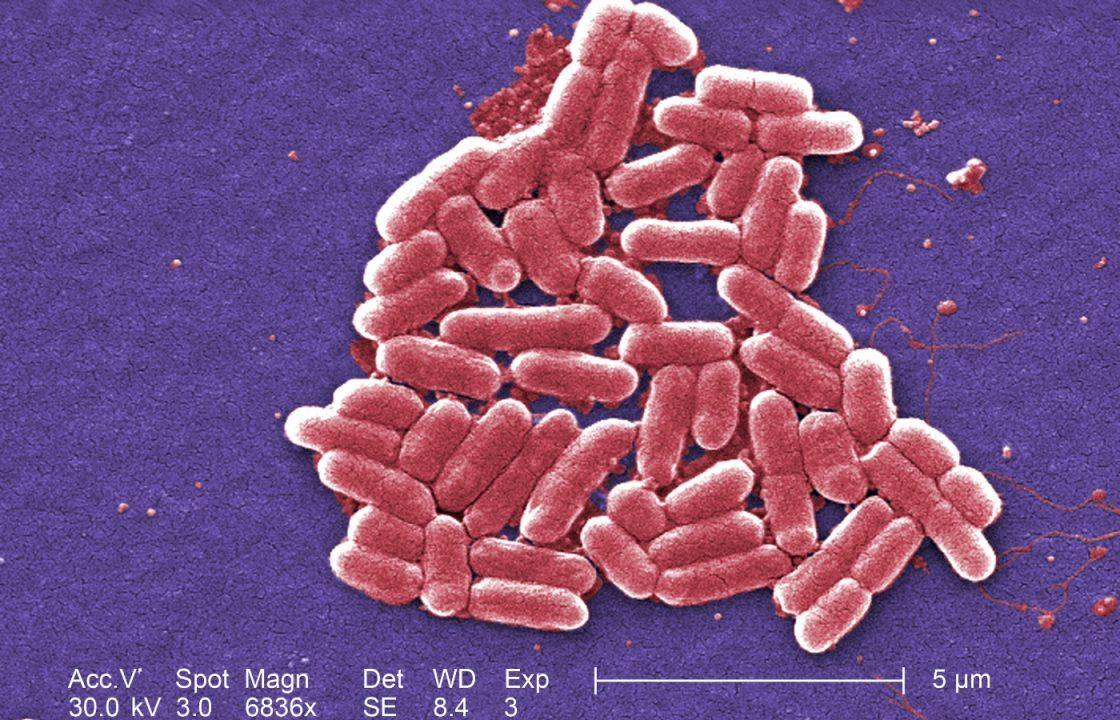One person has died linked to the E. coli outbreak which experts believe has been spread via lettuce leaves.
The UK Health Security Agency (UKHSA) said it had identified two people in England who died within 28 days of infection with shiga toxin-producing E.coli (Stec).
“Based on the information available from health service clinicians one of these deaths is likely linked to their Stec infection,” it said.
“Both individuals had underlying medical conditions. The deaths occurred in May.”
As of June 25, there have been a further 19 cases of Stec, bringing the total number of confirmed cases to 275 in the UK.
 PA Media
PA MediaA number of food manufacturers have recalled sandwiches, wraps and salads sold in major supermarkets and retail chains over fears they are linked to the outbreak.
The Food Standards Agency (FSA) has said lettuce used in the products are thought to be the likely source of the outbreak.
The UKHSA said the number of cases it is seeing is declining, but more will come to light as further samples are referred from NHS laboratories.
So far, there have been 182 cases in England, 58 in Scotland, 31 in Wales and four in Northern Ireland. The latter cases are thought to have acquired their infection in England.
At least 122 people have been admitted to hospital for treatment since the start of the outbreak.
Darren Whitby, head of incidents at the FSA, said: “Earlier this month, we confirmed that several sandwich manufacturers had taken precautionary action to withdraw and recall various sandwiches, wraps, subs and rolls after food chain and epidemiological links enabled us to narrow down a wide range of foods to a type of lettuce used in sandwich products as the likely cause of the outbreak.
“This remains a complex investigation and we continue to work with the relevant businesses and the local authorities to ensure necessary steps are being taken to protect consumers.
“Although we are confident in the likely source of the outbreak being linked to lettuce, work continues to confirm this and identify the root cause of the outbreak with the growers, suppliers and manufacturers so that actions can be taken to prevent a re-occurrence.”
E. coli is a diverse group of bacteria that are normally harmless and live in the intestines of humans and animals.
However, some strains produce toxins that can make people very ill, such as Stec.
People infected with Stec can suffer diarrhoea, and about 50% of cases have bloody diarrhoea.
Other symptoms include stomach cramps and fever.
Symptoms can last up to two weeks in uncomplicated cases.
Some patients, mainly children, may develop haemolytic uraemic syndrome, which is a serious life-threatening condition resulting in kidney failure.
A small proportion of adults may develop a similar condition called thrombotic thrombocytopenic purpura (TTP).
Stec is often transmitted by eating contaminated food but can also be spread by close contact with an infected person, as well as direct contact with an infected animal or where it lives.
People are advised to call NHS 111 or contact their GP surgery if they are worried about a baby under 12 months, a child stops breast or bottle feeding while they are ill, a child under five has signs of dehydration such as fewer wet nappies, and if older children or adults still have signs of dehydration after using oral rehydration sachets.
Help should also be sought if people are being sick and cannot keep fluid down, there is bloody diarrhoea or bleeding from the bottom, diarrhoea lasts more than seven days, or vomiting for more than two days.
Follow STV News on WhatsApp
Scan the QR code on your mobile device for all the latest news from around the country


 PA Media
PA Media

























